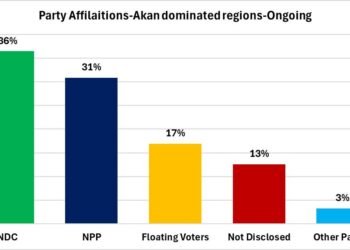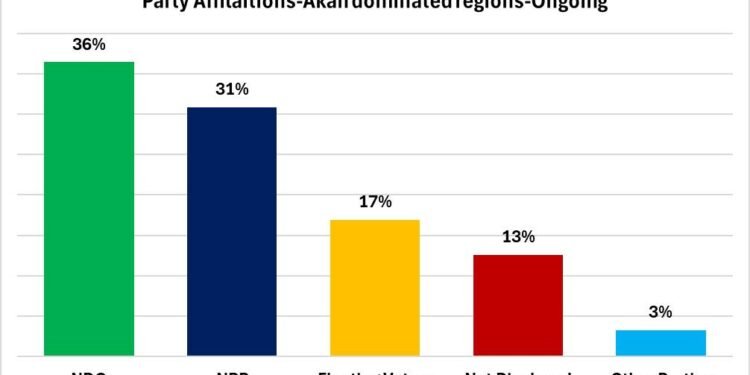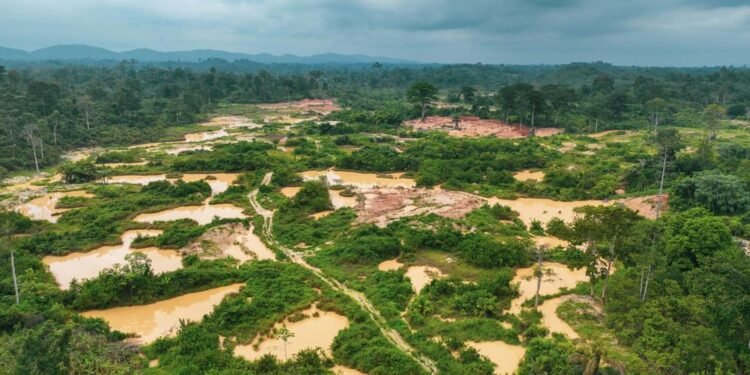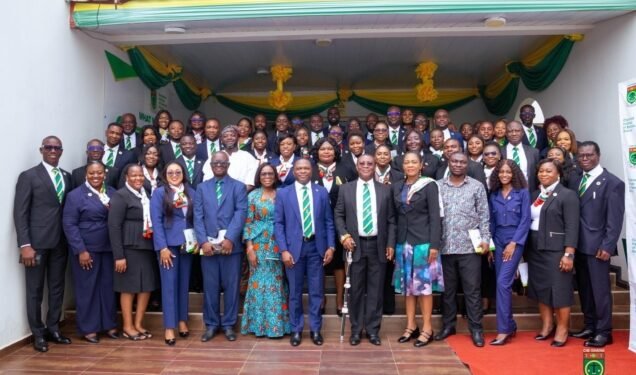Professor Edward Nketiah-Amponsah has appealed to all stakeholders to “elicit behavioural change in order to maximize the benefit” of the reopening of boarders to human traffic as announced by President Nana Addo-Dankwa Akufo Addo.
“Feasibility of the border reopening depends on all us. Strict observance of safety or preventive protocols requires behavioural change. So if we don’t change our behaviour, the government will put in all the measures and yet we won’t maximize the needed benefits hence we need to change our behaviour,” he said.
However, just weeks after European countries trumpeted the reopening of tourism, there has been a surge in number of cases in many countries which has resulted in reports of a second wave of the Covid-19 pandemic.
It is inevitable that economies have to open up, people have to work, trade has to resume but as long as the goods and products are flowing, which they have been, there is a concern that the plan to reopen borders to human traffic on 1st September, 2020, by President Akufo Addo might be a setback in the fight against covid-19.
Speaking to the Vaultz news on the issue, Professor Edward Nketiah-Amponsah assured that as long as safety protocols are ensured by all stakeholders especially those in aviation sector and more importantly all visitors into the country are tested, we should be ready to open up our borders to human traffic.
“Egypt, Ethiopia, Liberia, Rwanda in Africa have all opened their borders and with some really thriving on tourism; the closure of their borders for a very long time will have a significant impact on their economies.
“In these countries you are supposed to provide a PCR test (Polymerase Chain Reaction) proving that you are negative and when you arrive, another test is taken to ascertain your status. If we do this, we should be ready to open our boarders.”
He called for the need to “juxtapose the cost vis-a-vis the benefits associated with the reopening of our boarders;”
“If you take a cursory look at some of the economic implications, it’s quite astonishing so one may ask, should we continue to lose all these benefits against the backdrop of covid-19 and remain in quarantine and close our borders?”
Professor Nketiah-Amponsah went ahead to underline the significance of the reopening of borders by addressing some impact the closure had on the Ghanaian economy;
“The tourism sector is almost in near comatose, it’s dead…over the years, tourism has contributed the fourth largest in terms of foreign exchange to the Ghanaian economy and this has been truncated by the covid-19. Until more recently when the hotels started picking up, some hotels reported serious losses, a case in point is Kempinski, which lost about 5 million Ghana cedis over a period of two months. Bed occupancy was only about 10% of total number of beds which is at its lowest, so how do they pay workers; So, some of them had to lay off about two-thirds of the workers.
“The total number of tourist arrival in Ghana in 2019 was about 1.2million and as of the time the boarders were closed, we have recorded less than 400,000. If we are to look at the implication if even every tourist spends about 1000 dollars, this will go a long way to lubricate other sectors of the Ghanaian economy.”
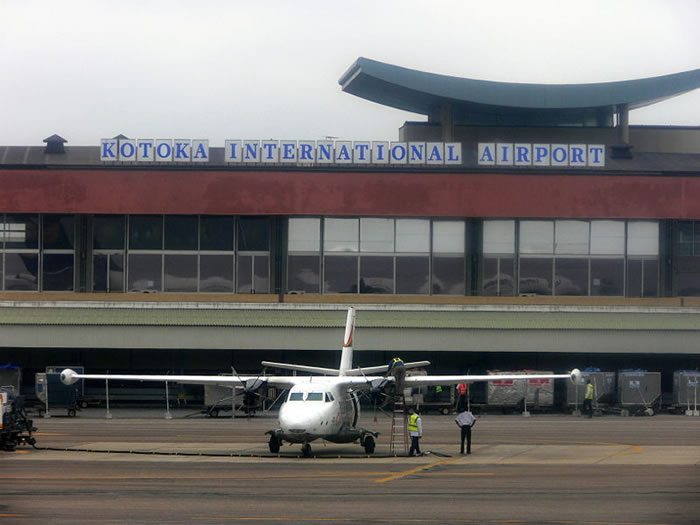
Professor Nketiah-Amponsah also touched on how the loss of revenue like the Airport Service Charge due to the border closure is affecting the aviation sector and has led to reports of the privatization of airports.
“Another example related to tourism is the Airport Service Charge, where every arriving passenger mostly from abroad is supposed to pay 100 dollars, and then the airlines pay some charges for the use of the airport and facilities. In 2019, the number of passengers arriving and departing was a little over 3 million and the corresponding airport service charge for the same year was Gh₵475.56 million.
“Prior to lockdown, about 400,000 tourist had arrived, what this means is that after border closure for the past six months, tourist arrival is virtually nil and it will be very difficult to elicit any significant increase in the number of tourists for the last quarter of the year.
“Recently you heard reports about the airports being privatized, the reason being that they took loans from the African Development Bank and other banks to build terminal three and repayment was contingent upon the airport service charge which was quite significant, 475.56 million for 2019 and had it not been for covid-19, there was every probability that the revenues would have even gone up. So, amortizing these loans has become a problem…how do they raise revenues to amortize the loans that have been contracted from these development partners?”
Professor Nketiah-Amponsah therefore stressed on the need to observe safety protocols in place and maintain discipline to ensure the reopening of the borders doesn’t result in a spike in the number of cases.
He reiterated, “If countries like Liberia, DRC, Rwanda, Senegal, and Sierra Leone have opened their borders, I don’t think their system is more robust than ours. I don’t think they are more special than we are, what we need to do is to strengthen protocols and change our behaviour.”
Professor Edward Nketiah-Amponsah however expressed concern about “the rapidity with which the results can be released if people are tested at the airport;
“It will require some level of investment to get quicker testing facilities. I think, as and when people start patronizing the airport, the revenue flow will help with acquisition of some of these facilities.”





